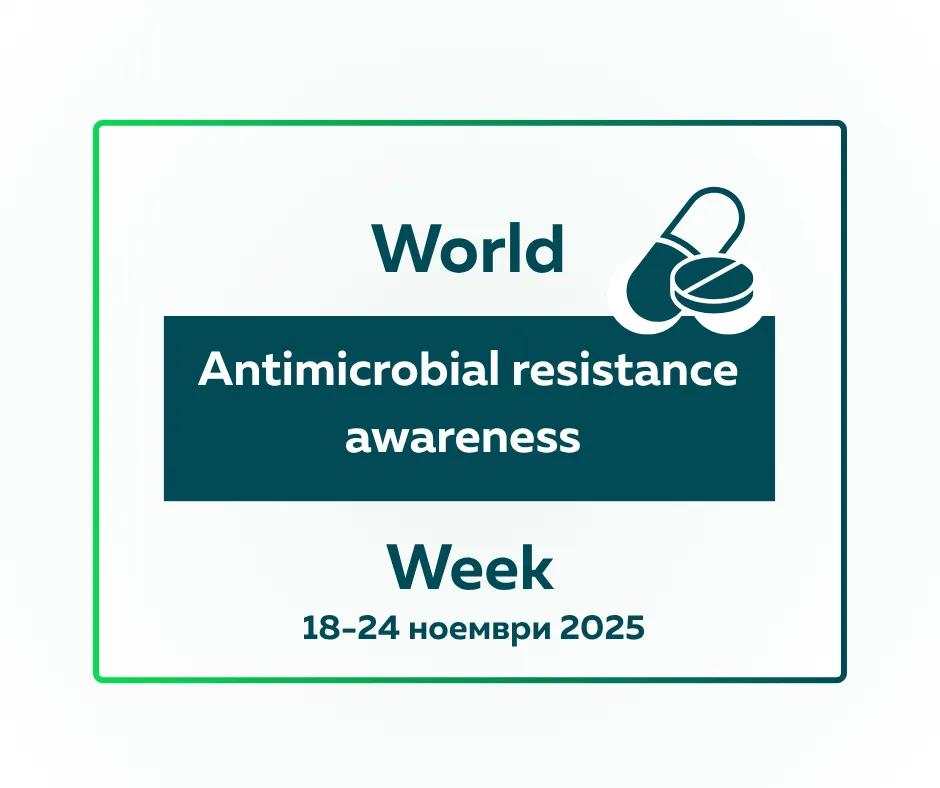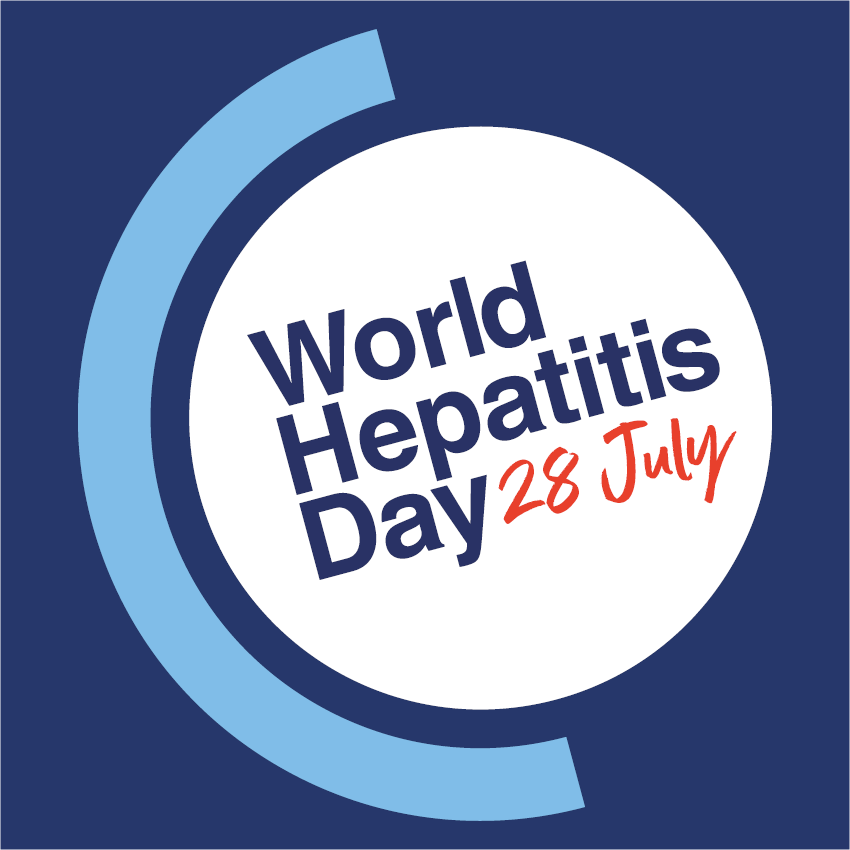Lyme disease — a silent danger from nature

Summer invites us to mountains, parks and nature — but with them comes the risk of meeting small but potentially dangerous “guests”: ticks. One of the most serious risks after a bite is Lyme disease— the most common tick-borne disease in Bulgaria.
How to recognize it?
Lyme disease often hides behind symptoms that resemble the flu, overwork or joint pain. This makes timely diagnosis key!
The most characteristic early sign is the appearance of a skin rash around the bite site called erythema migrans — shaped like a “target” or “buffalo eye”. But even without a rash, the disease can manifest itself by:
- Elevated temperature
- Headache
- Muscle and joint pain
- Absenteeism
- Enlarged lymph nodes
- Neuralgia
Without treatment, the bacterium Borrelia burgdorferi can remain in the body and cause severe complications: Lyme arthritis, neuroborreliosis, heart disorders and even chronic fatigue or neuro-psychic symptoms.
Dr. Gadjovska is an experienced infectious disease specialist with extensive clinical experience in the diagnosis and treatment of Lyme disease. In MC “Haelan Care” you will receive an individual risk assessment, professional follow-up and the appointment of the most appropriate examinations.
🧪 Examinations and diagnostics
After a tick bite, a serological examination is recommended about 30 days later. It includes:
- Screening test (ELISA)
- Confirmatory test (Immunoblot/Western blot)
The tests are done through venous blood - it is not necessary to be fasting. Dr. Gadjovska will assess when and what examination is needed according to the specific case.
🔬 Examining the tick itself — does it make sense?
Yes! The tick can be sent for laboratory diagnostics:
- Species determination
- Check if it has been completely removed
- DNA test for Borrelia burgdorferi
Important: This test does not replace the examination of the patient and does not give a full guarantee of the absence or presence of infection. Consultation with a specialisti in infectious diseases remains mandatory.
✅Tips from Dr. Gadjovska at risk of being bitten:
- Use repellents when walking in grassy or wooded areas.
- Examine your body regularly — especially after a trip.
- Do not remove the tick yourself, if you are not sure - consult a specialist.
- Watch for symptoms up to a month after the bite.
- If in doubt - do not postpone an examination with an infectious disease specialist!
Dr. Gadjovska awaits you for a timely and competent consultation.



.webp)
